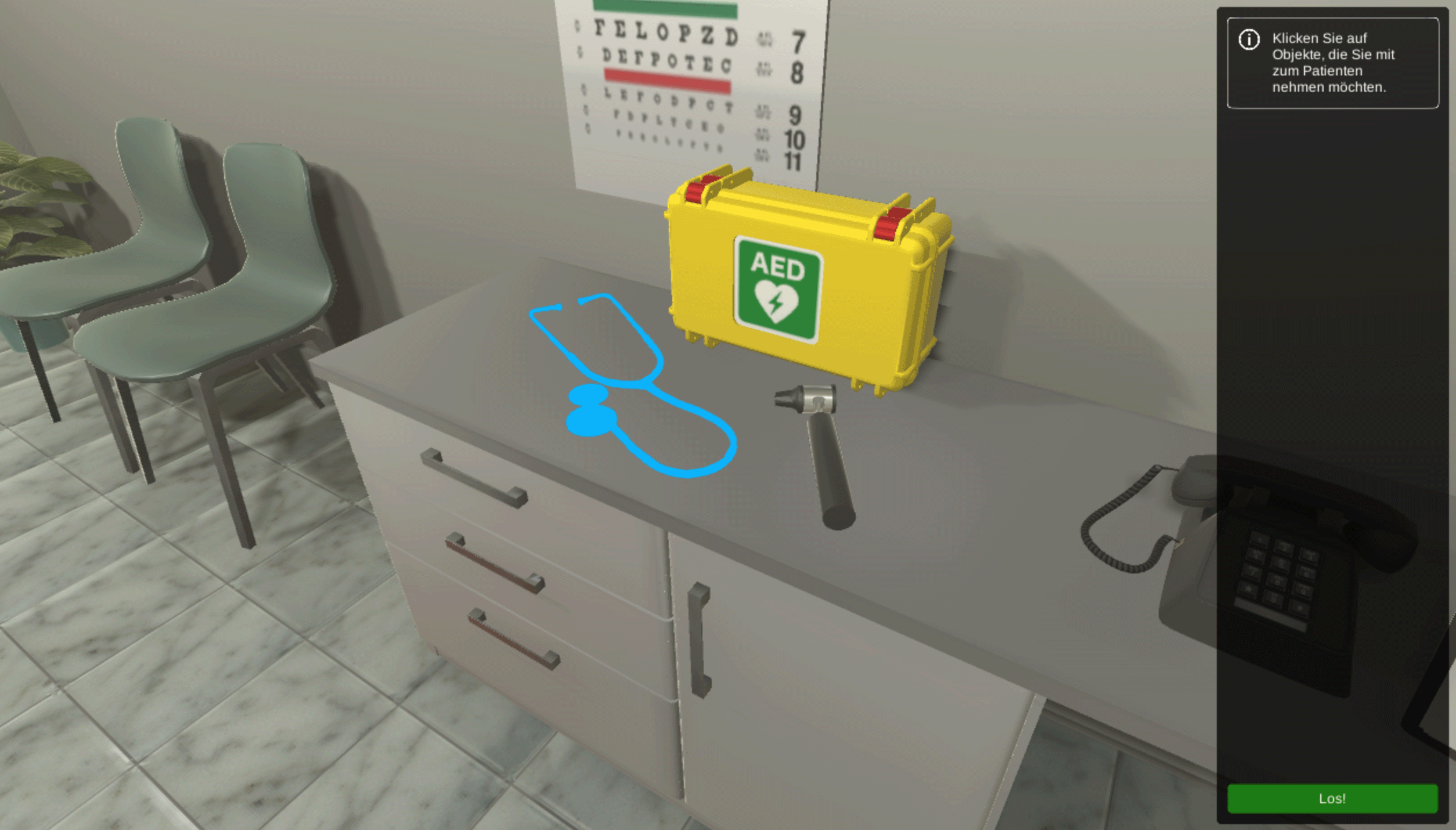Virtual Simulation in Medical Education

Summary
A major problem in medical education is that the clinical knowledge and clinical reasoning skills acquired through university teaching do not transfer well to clinical practice. Despite acquiring massive amounts of content knowledge about the functioning of the human body, medical students struggle to transfer that knowledge to one of the core disciplinary practices - differential diagnosis (DD). The lack to transfer may stem from current methods of instruction which are focused primarily on imparting massive amounts of basic content knowledge without adequate attention to situate this knowledge in disciplinary practice. A possible solution to this problem is to expose and link the learning of medical students to the practice of DD. This approach is supported by theories of situated cognition.
Whilst I acknowledge that there are several options to integrate situated learning, I aim to explore the use of medical computer-based virtual environment (CVE) simulations. By setting DD as the primary anchor for learning, I will start the learning process with an actual patient problem. CVE scenarios can represent aspects of situated learning approaches and allow the implementation of preparation for future learning. However, in empirical research it has yet to be shown why and when CVE simulations are effective in medical education and enhancing transfer.
In my doctoral thesis, I will first explore the effectiveness of problem-solving in virtual medical scenarios on clinical knowledge and clinical reasoning skills isomorphic testing outcomes and transfer. I will do so by combining problem-solving with direct instruction in different sequences and by alternating the timing of provided formative feedback during problem-solving. Second, I will explore the influence CVE patient problem-solving during a semester course on performance in a consecutive course in the medical study trajectory.
With my thesis I will (a) fill the gap in the learning sciences and education research of when and how CVE simulations are effective in medical education, (b) examine the extent to which medical CVE simulations can enhance isomorphic testing outcomes and transfer of clinical knowledge and clinical reasoning skills, and (c) derive principles for when and how to best implement such CVE patient scenarios for DD into a medical curriculum.
Project Team
- MSc Christian Fässler, Doctoral Student, Head of Project
- Prof. Dr. Manu Kapur, Main Supervisor
- Prof. Dr. Jörg Goldhahn, Second Advisor
- Dr. med. Christian Schmied, Lecturer in the Course “Differential Diagnostics”
- Prof. Dr. Elena Osto, Lecturer in the Course “From Symptoms to Diagnoses”
Study Location
ETH Zürich, third-year course “Differential Diagnostics” and second-year course “From Symptoms to Diagnoses”
Timeline
January 2020 – December 2022
Funding
Project Partners
None
